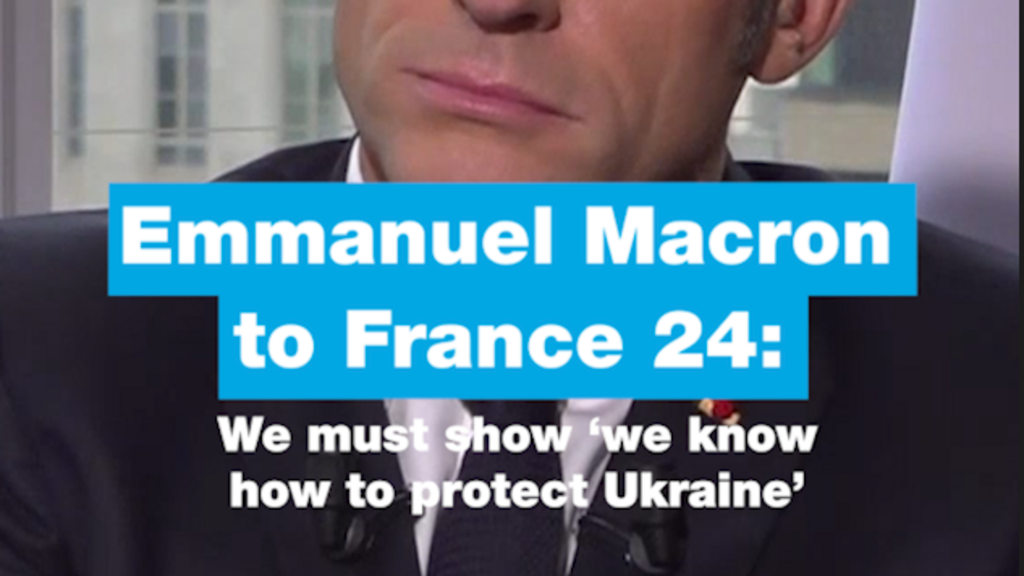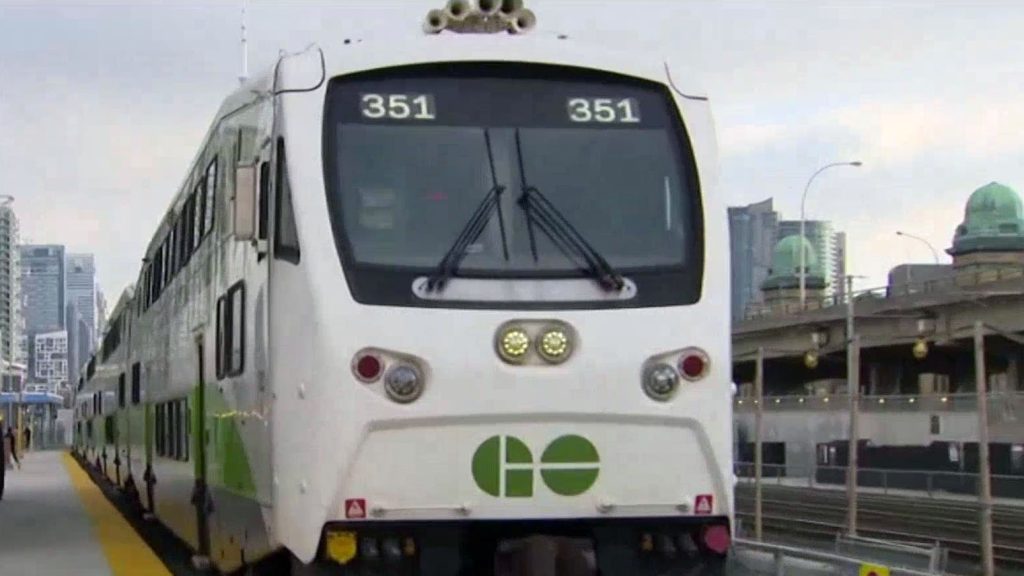French President Emmanuel Macron recently engaged in an interview with France 24 and RFI, discussing the ongoing conflict in Ukraine and its broader implications for Europe and international relations. This conversation highlights France’s position regarding the war, support for Ukraine, and the geopolitical consequences of the crisis.
Macron opened the dialogue by acknowledging the escalation of hostilities in Ukraine since Russia's invasion in February 2022. He emphasized that this conflict is not only a struggle for Ukrainian sovereignty but also a pivotal moment for European stability and security. The President pointed out that Ukraine's fight against Russian aggression is a defense of democratic values and territorial integrity, which are crucial for the broader European project.
Addressing the immediate humanitarian and military assistance required by Ukraine, Macron stressed the necessity of continued support from allies, especially NATO and the European Union. He mentioned that France has been actively supplying military equipment, humanitarian aid, and financial support to help Ukraine withstand Russian advances. The President specified recent contributions, including advanced artillery systems and air defense systems, which are vital for Ukraine’s military strategy.
Moreover, Macron highlighted the importance of unity among European nations. He reiterated that a divided Europe would only embolden aggression from autocratic regimes like Russia. The President emphasized that France, under his leadership, would advocate for a robust and coordinated response among EU member states to address the ongoing threats posed by Russia.
In discussing the potential for peace talks, Macron was cautiously optimistic but realistic. He acknowledged that dialogue is essential, yet he reiterated that negotiations should be based on respect for Ukraine’s sovereignty. The President highlighted that Russia must recognize the consequences of its actions and take a constructive approach towards peace. Macron noted that it is crucial for Ukraine to be fully integrated into the European fold and that any lasting peace must ensure the country’s security and territorial rights.
Macron also broached the subject of energy security in light of the conflict. He explained that the war has further highlighted Europe's dependence on Russian energy supplies, and he urged EU member states to expedite the transition to renewable energy sources. The President mentioned ongoing efforts to diversify energy sources and strengthen energy independence, which are vital for both economic stability and national security in the wake of the war.
Another significant aspect of the interview was Macron's reflections on the global implications of the Ukraine conflict. He warned that the war is reshaping international alliances and could lead to increased tensions not only in Europe but also in other regions, particularly in Asia. The President emphasized the need for France and its allies to remain vigilant and proactive in addressing potential threats to global peace and security.
Furthermore, Macron discussed the role of China in the current geopolitical landscape. He called for a balanced approach in engaging with China, urging for constructive dialogue while also making it clear that European interests and values should not be compromised. He stressed the importance of maintaining a rules-based international order, where countries respect each other’s sovereignty and work collaboratively to address global challenges.
In conclusion, Macron's interview reflects a nuanced understanding of the multifaceted nature of the Ukraine crisis and its far-reaching implications. He made it clear that France is committed to supporting Ukraine, reinforcing European unity, and advocating for a strategic approach to energy security and international relations. As the situation continues to evolve, the French President's statements underscore the critical role of leadership in navigating the complexities of contemporary global politics.












